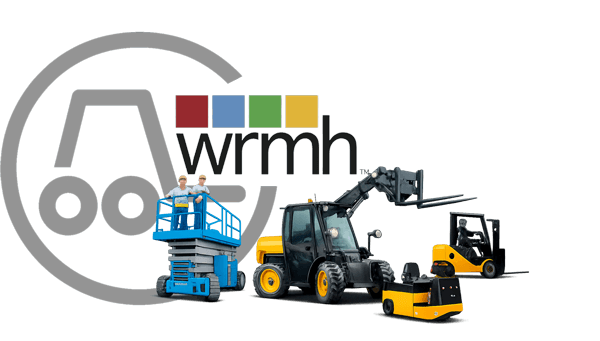Lithium-Ion vs. Traditional Forklifts: A Guide for Businesses
Understanding the Basics of Forklift Power Options
In the realm of material handling, forklifts are indispensable tools for businesses across various industries. Traditionally, forklifts have been powered by internal combustion engines or lead-acid batteries. However, the advent of lithium-ion technology has introduced a new contender in the market. For UK businesses, understanding the differences between lithium-ion and traditional forklifts is crucial for making informed decisions.
What Are Lithium-Ion Forklifts?
Lithium-ion forklifts utilise advanced battery technology to offer a range of benefits over their traditional counterparts. These batteries are known for their high energy density, long lifespan, and faster charging times. Unlike lead-acid batteries, lithium-ion batteries do not require regular maintenance, making them a more convenient option for businesses looking to streamline operations.
Advantages of Lithium-Ion Forklifts
There are several advantages to choosing lithium-ion forklifts:
- Longer lifespan: Lithium-ion batteries typically last up to three times longer than lead-acid batteries.
- Faster charging: These batteries can be charged in as little as one hour, reducing downtime significantly.
- Maintenance-free: Unlike traditional options, lithium-ion batteries do not require regular watering or equalising charges.
- Environmentally friendly: With no toxic emissions, they are a more sustainable choice.

The Case for Traditional Forklifts
Despite the advantages of lithium-ion technology, traditional forklifts still hold a significant share in the market. They are often chosen for their lower initial costs and proven reliability in various operational settings. For businesses that do not require long shifts or rapid charging, traditional forklifts can offer a cost-effective solution.
Considerations for Traditional Forklifts
When considering traditional forklifts, there are some factors to keep in mind:
- Initial cost: Traditional forklifts generally have a lower purchase price, which can be appealing for businesses on a budget.
- Proven technology: Many companies have long-standing experience and trust in traditional forklift technology.
- Maintenance needs: Lead-acid batteries require regular maintenance, such as watering and cleaning, which can add to operational costs over time.

Making the Right Choice for Your Business
The decision between lithium-ion and traditional forklifts ultimately depends on your business needs and operational requirements. If your operations demand high efficiency, reduced downtime, and sustainability, investing in lithium-ion technology may be the best choice. On the other hand, if budget constraints are a primary concern and your operations can manage regular maintenance routines, traditional options might suffice.
Evaluating Operational Needs
When evaluating which type of forklift to invest in, consider the following:
- The length and frequency of shifts in your operations.
- Your budget for initial investment and ongoing maintenance.
- Your commitment to sustainability and environmental impact.
- The availability of charging infrastructure if opting for lithium-ion technology.
Conclusion: Tailoring Forklift Solutions to Your Business
In conclusion, both lithium-ion and traditional forklifts have their place in the UK market. By carefully assessing your business requirements and weighing the pros and cons of each option, you can select the most suitable forklift solution. Whether you prioritise cost savings or operational efficiency, understanding these technologies will empower your business to make strategic decisions for long-term success.
